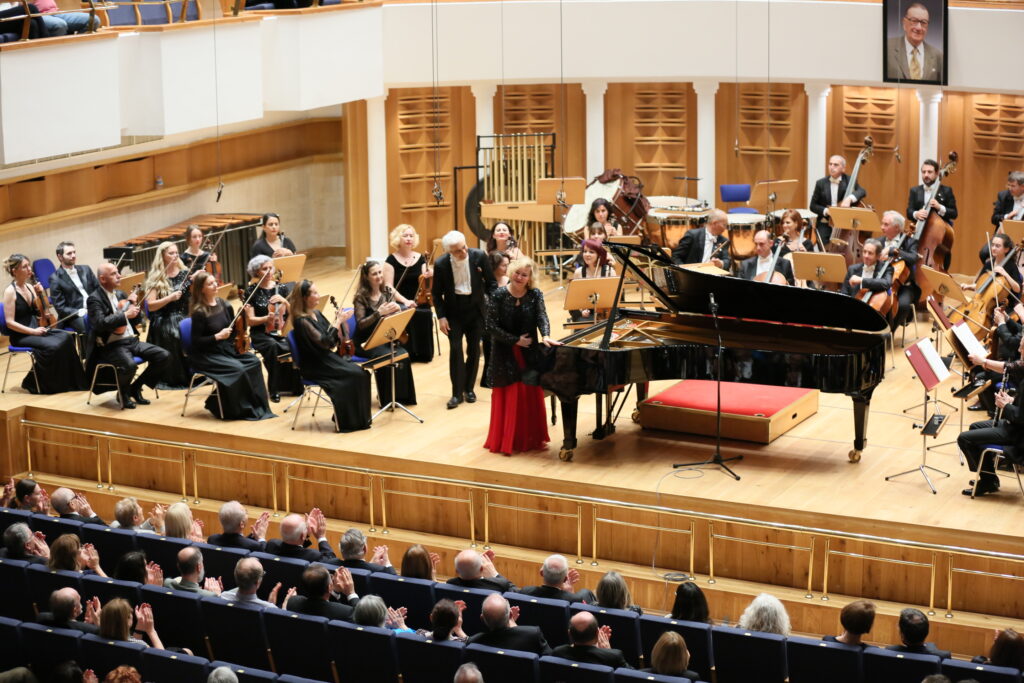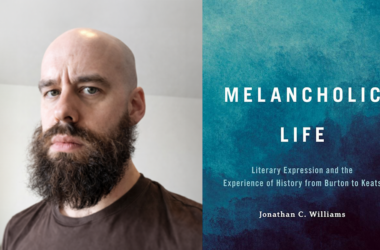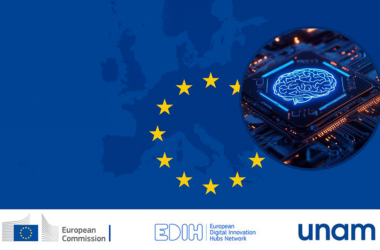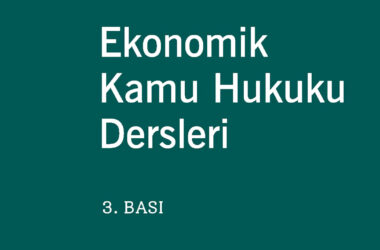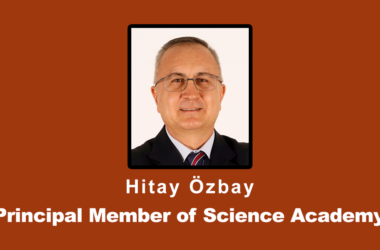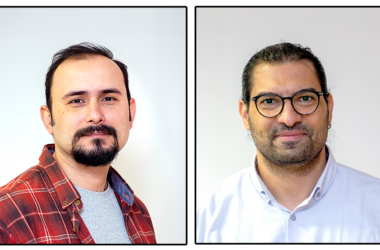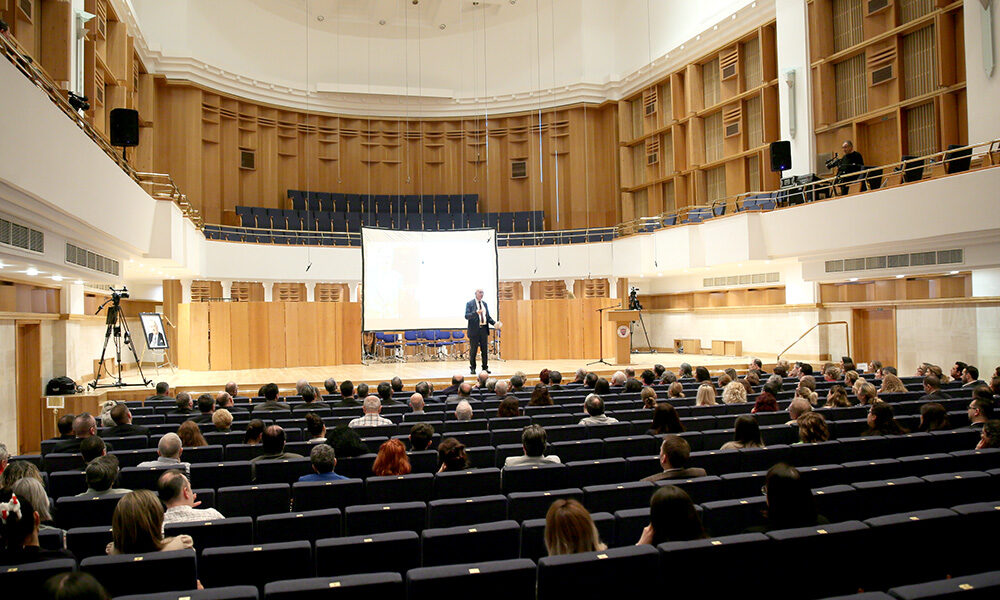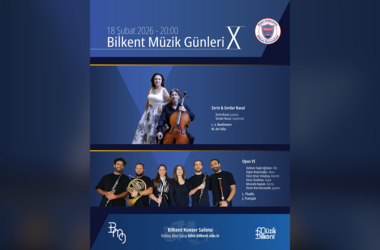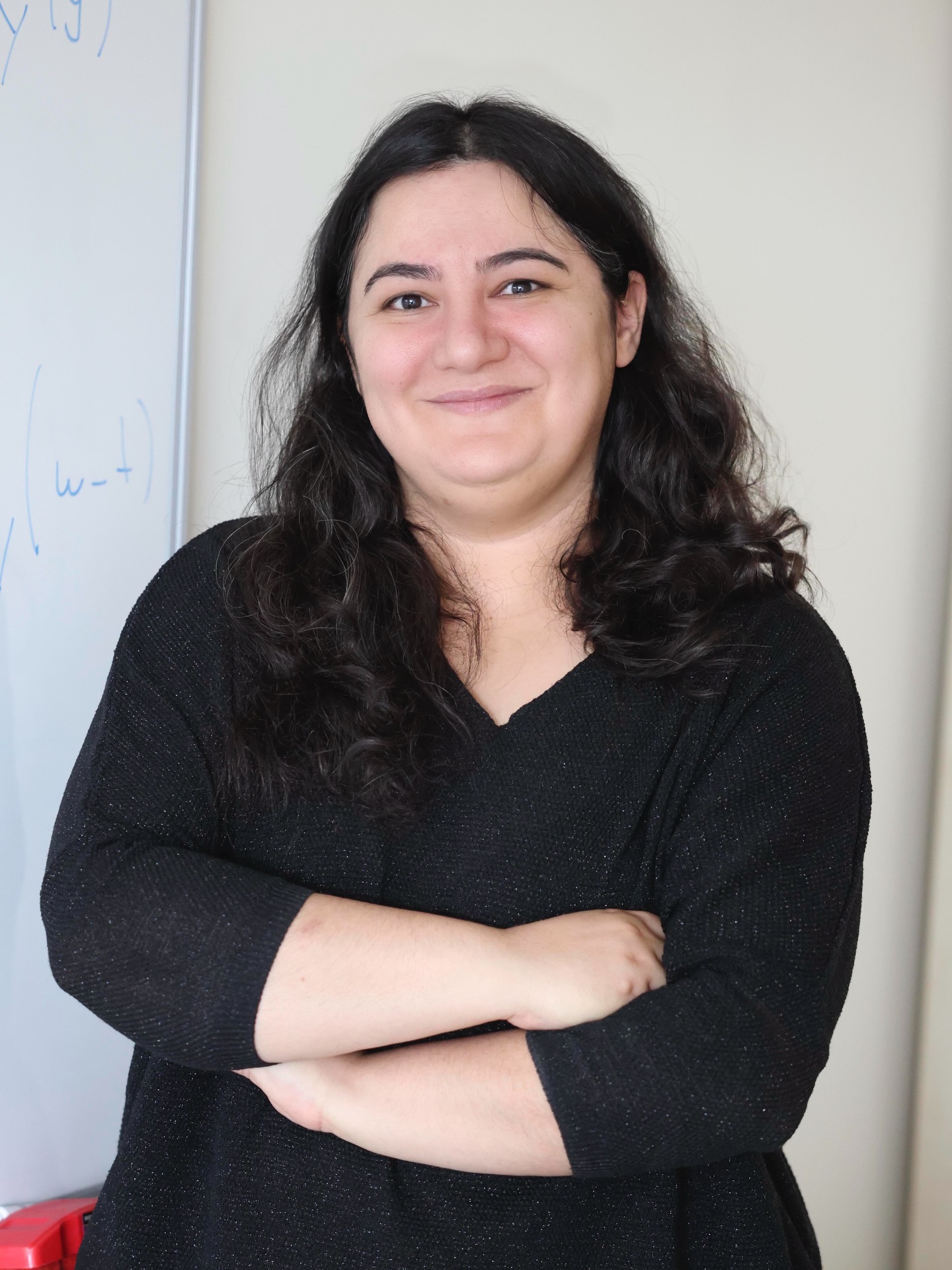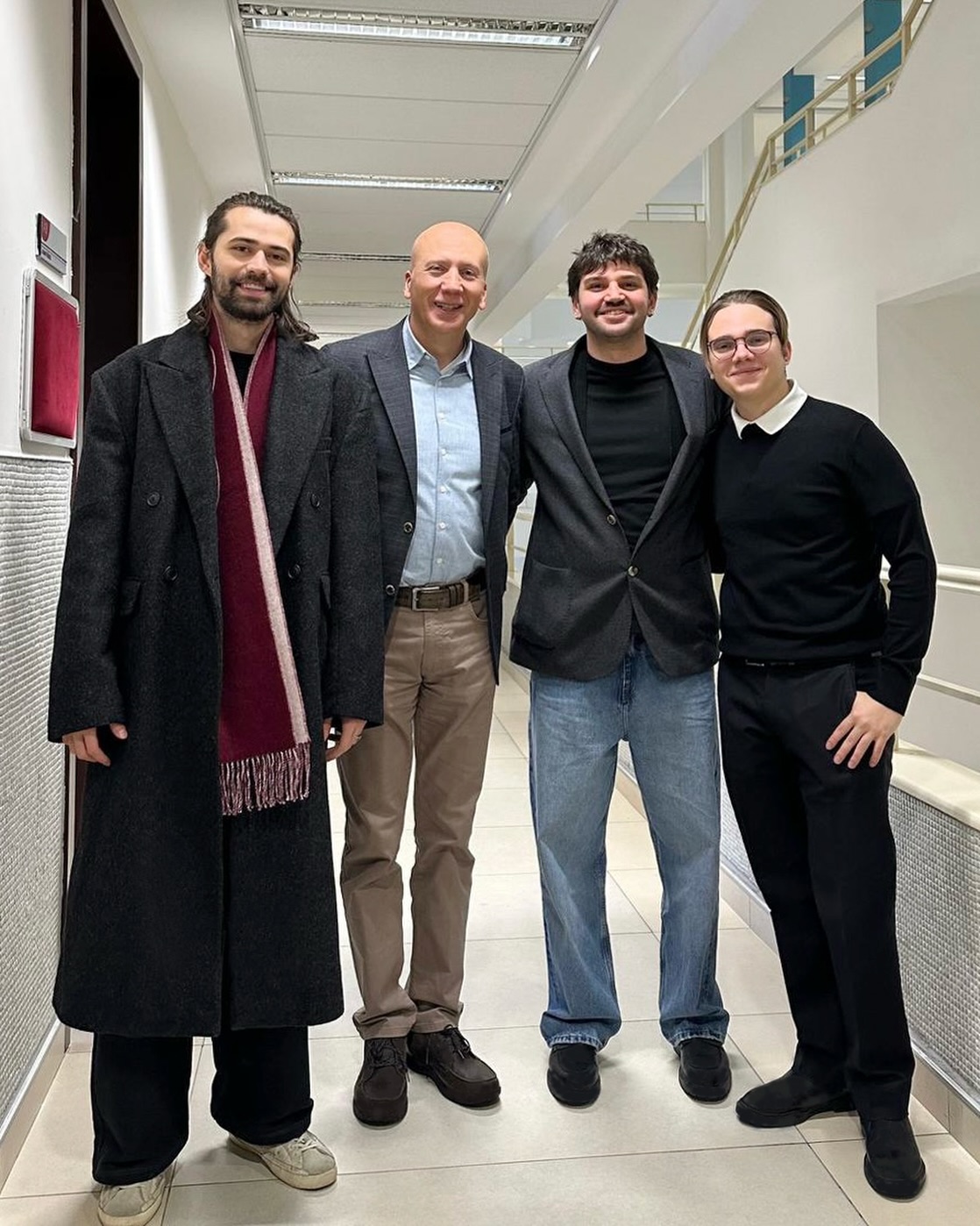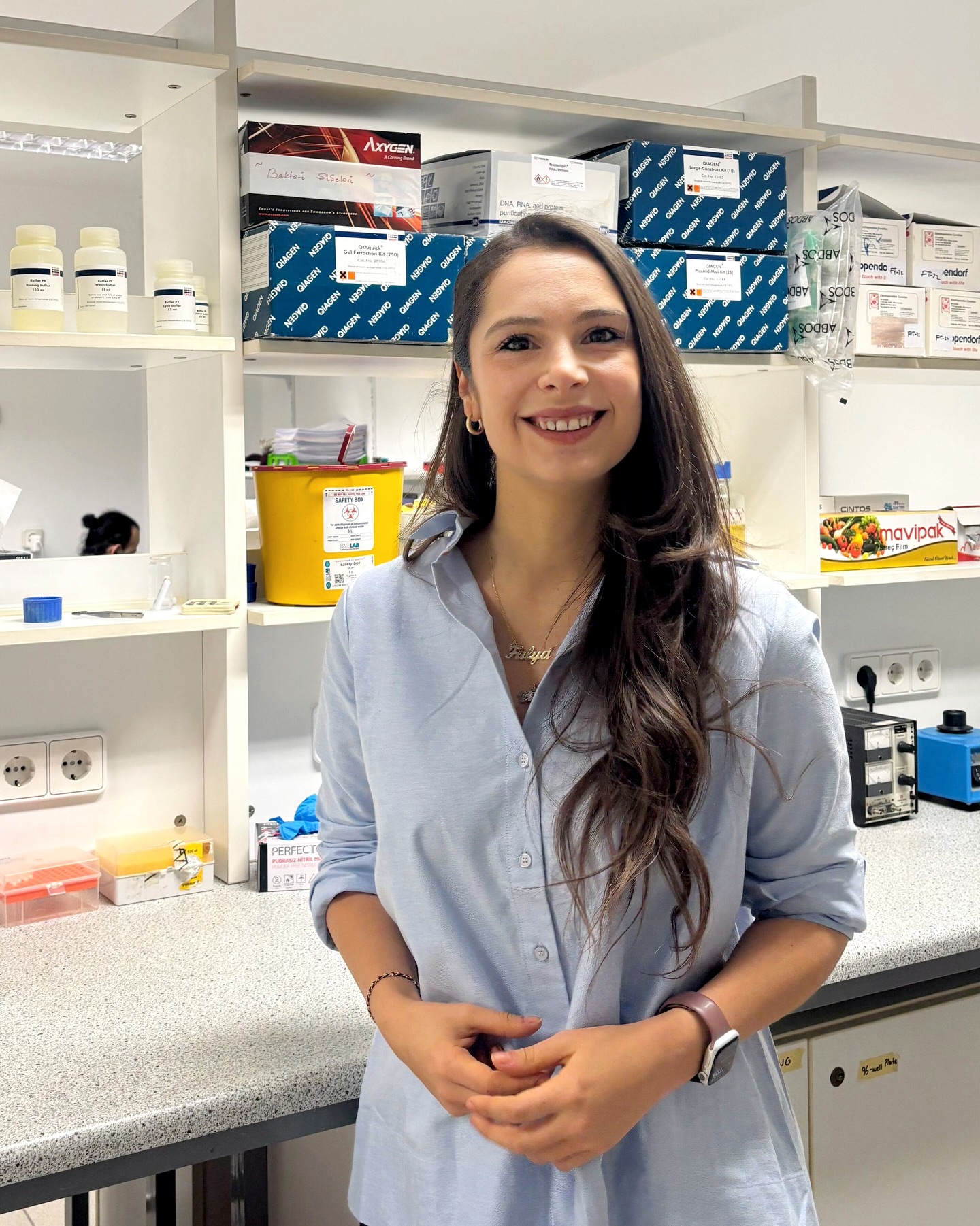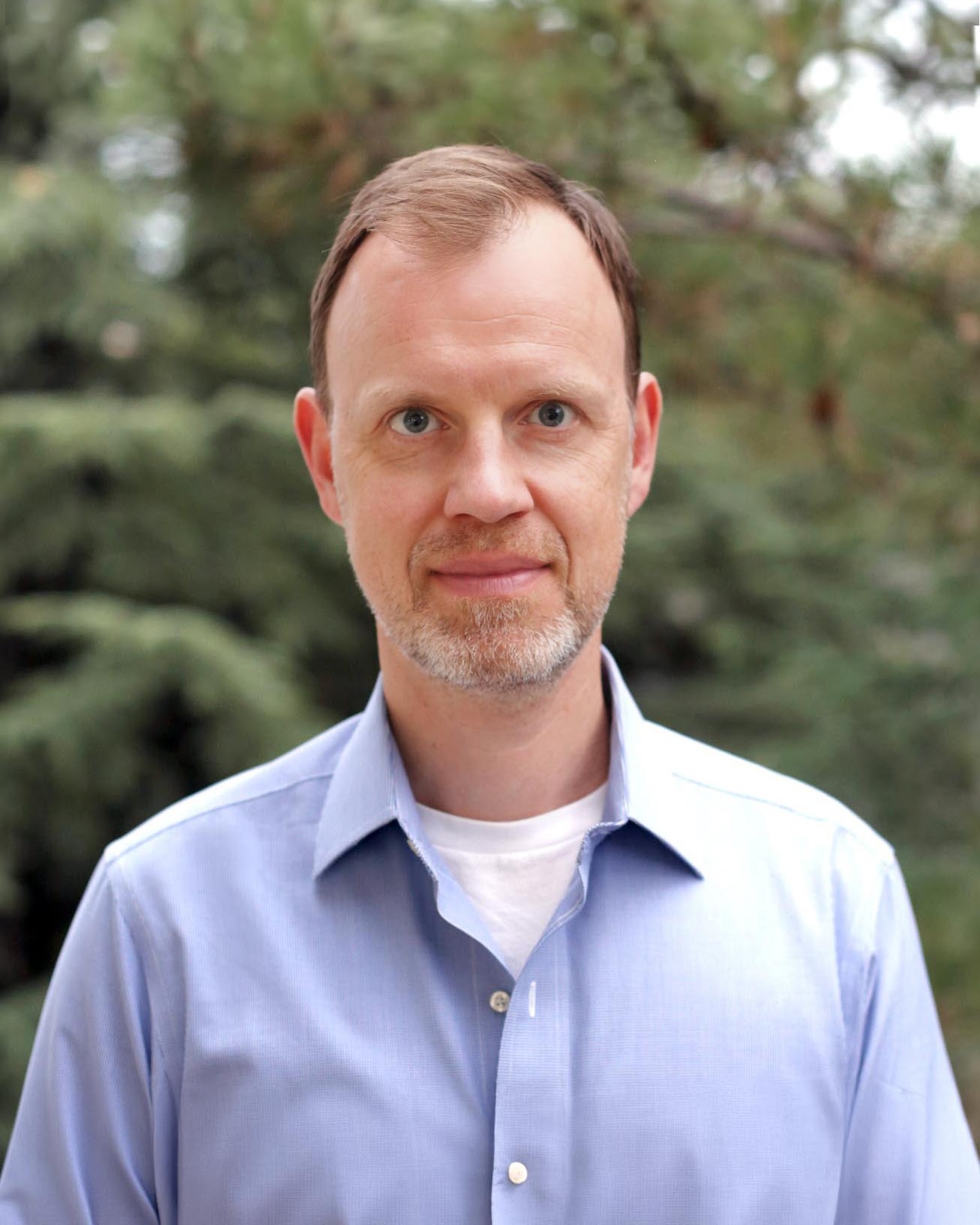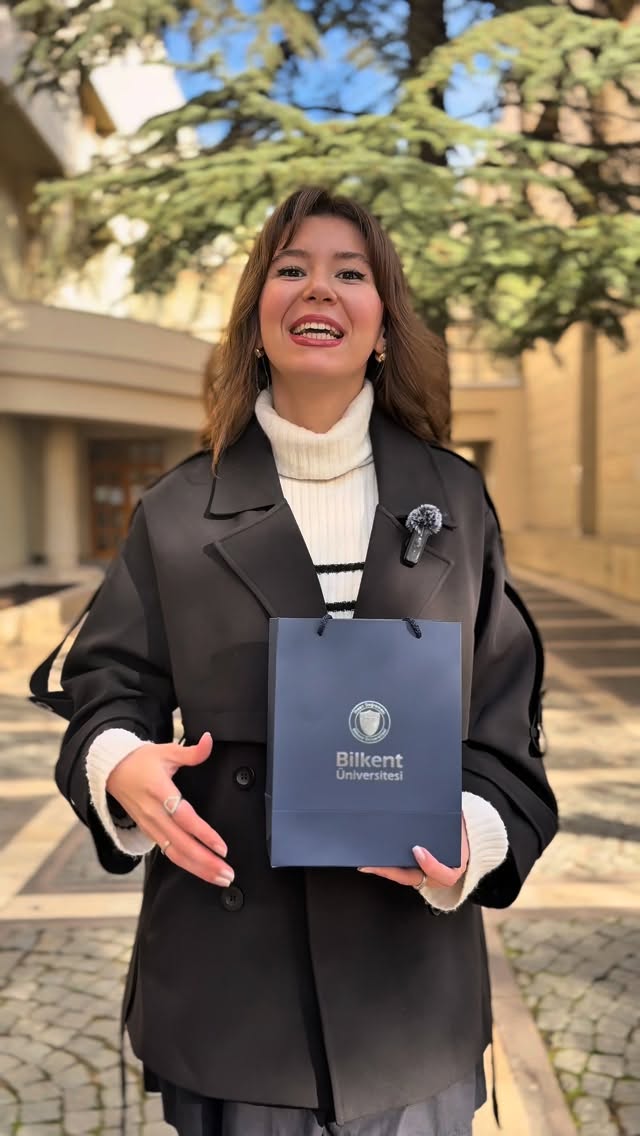April 3rd is the birthday of Bilkent University’s founder, Prof. İhsan Doğramacı. Each year, the university community celebrates the occasion as Bilkent Day, with special events including the annual Bilkent Day Conference and a commemorative concert.
This year, all of the day’s events took place in the Bilkent Concert Hall. The Bilkent Day Conference opened with remarks by Prof. Gülsev Kale, chair of the Board of Trustees, on Prof. Doğramacı’s ideals and the Bilkent University’s vision: “Today, we gather to commemorate our esteemed founder Professor İhsan Doğramacı, who passed away fourteen years ago, on his 109th birthday anniversary. On April 3rd, which is also celebrated as “Bilkent Day,” we seize the moment to reflect upon and impart to our students the enduring ethos of Bilkent University, encapsulating its core values, attained milestones and unwavering fidelity (commitment) to its founding principles.”
Prof. Kale continued, “Being a member of the Bilkent community necessitates a comprehensive understanding and internalization of the visionary behind this esteemed institution, coupled with a profound grasp of its initial goals and objectives. İhsan Doğramacı Bilkent University, in its current stature, epitomizes the pinnacle of innovation across realms of education, training, science, technology and art, stemming from its inception to its present eminence.”
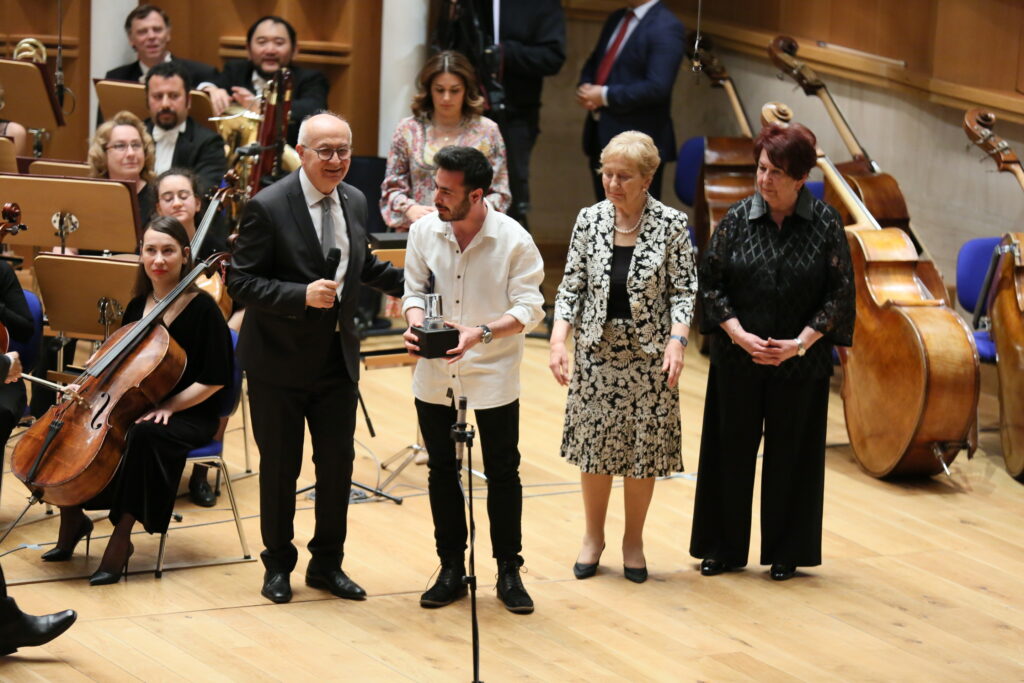
Following Prof. Kale’s speech, the event continued with the presentation, “Bilkent: The State of the University,” by Rector Prof. Kürşat Aydoğan, in which he gave a summary of the year, highlighting the university’s most recent academic, educational and research accomplishments. The presentation included various statistics concerning students, faculty, research and awards as well as university budget items.
Prof. Aydoğan concluded his remarks with gratitude to Hocabey: “With immense gratitude to our founder, we work with a firm dedication to build on his vision and carry this great university to further heights in education and research. Thank you all for your contributions to this mission.”
Next, Prof. Roland Smith from the Department of Archaeology gave his keynote speech on “New Research and Discoveries at Aphrodisias.” Prof. Smith is a well-known classicist, archaeologist and academic, specializing in the art and visual cultures of the ancient Mediterranean. From 1995 to 2022, he was Lincoln Professor of Classical Archaeology and Art at the University of Oxford.
Prof. Smith began with these words: “It is a great honour to be asked to speak on this important Bilkent Day in honour of our founder and to represent the vibrant archaeology department of the university.”
Prof. Smith described the continuing archaeological work at Aphrodisias and the importance of this UNESCO world heritage site for understanding the strange, over-specified monumental culture of Anatolia in the Roman period.
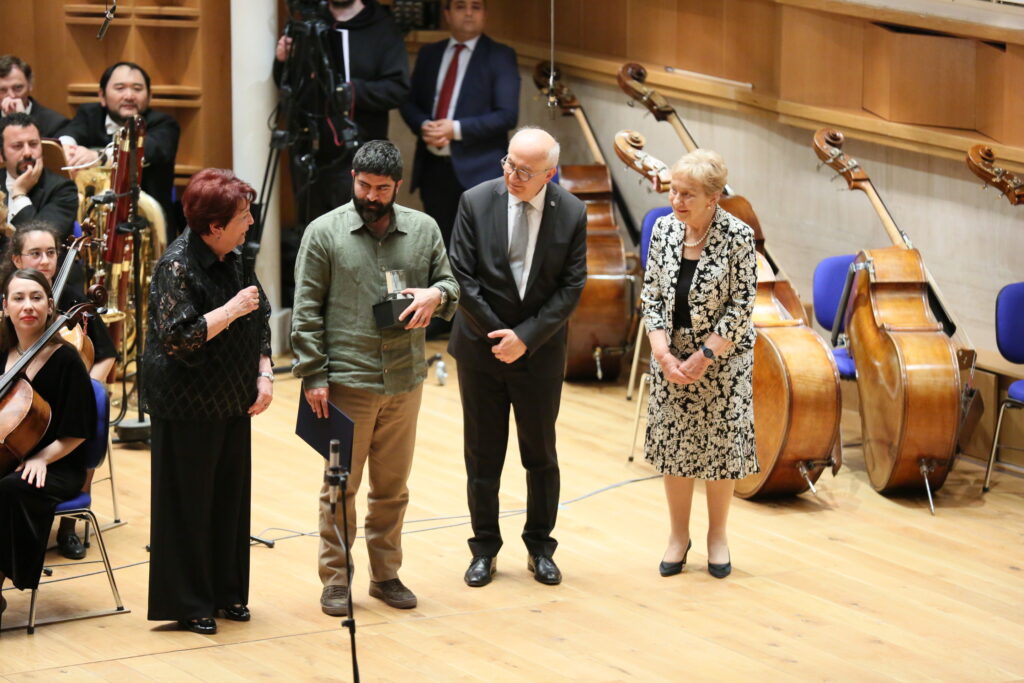
The long Roman peace saw the sustained and energetic construction, both practical and symbolic, that produced the huge quantity of durable “classical” remains that can be seen all over modern Türkiye. Aphrodisias is one of the best-preserved examples of a political culture of benefaction and honour, whose currency was buildings, carved marbles and inscriptions.
Prof. Smith thanked the Ministry of Culture and Tourism for their fruitful collaboration and fundamental permissions as well as the project’s generous sponsors and donors that make work at the site possible.
Prof. Smith then talked about the recent excavations and projects in the city’s Basilica with its inscribed Edict of Maximum Prices of the Emperor Diocletian; in the grand Urban Park and its 170m pool; and on the Tetrapylon Street with the exciting finds fallen from the late antique apartments above it. He explained a new project on housing and urban living, which includes the excavation of parts of a neighbourhood around the House of Kybele, and showed the recent restoration of parts of the Corinthian temple in the Sanctuary of the Emperors (Sebasteion).
He ended his talk with a description of the latest marble conservation and statue research through one example — a striking new statue of the Emperor Tiberius in the form of a classical Zeus.
The final event of this year’s Bilkent Day was a special concert by the Bilkent Symphony Orchestra, which took place in the concert hall. The performance began at 8 p.m. with Gürer Aykal as conductor and Gülsin Onay as piano soloist. The program featured Má Vlast, “Moldau” by B. Smetana, Kaiserwalzer, Op. 437 by J. Strauss and Piano Concerto No. 12 by W. A. Mozart. Pianist Gülsin Onay also performed Chopin’s Polonaise Opus 53, a favorite piece of Prof. İhsan Doğramacı. The program included a performance of the works selected by the jury in the İhsan Doğramacı Composition Competition. The first three awardees were Mithat Can Öcal (1st prize), Massimo Lauricella (2nd prize) and Akın Kilis (3rd prize). Honorable mention awards went to İlayda Deniz Oğuz, Hasan Niyazi Turba and Roberto Sansuini.
